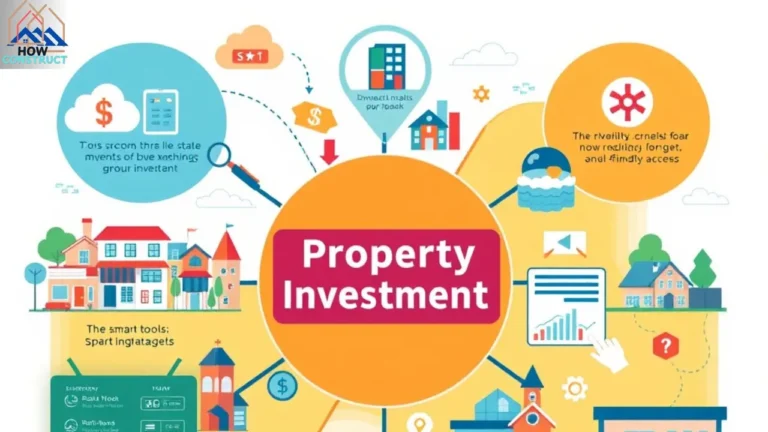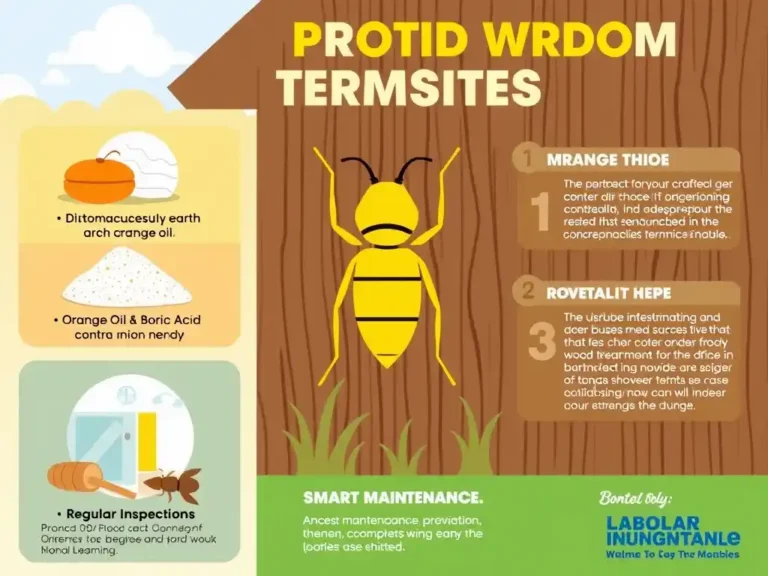Introduction: Why Closing Costs Matter More Than You Think
Buying a home isn’t just roughly the price label—it’s like inviting a concert ticket and apprehending there are fees for parking, snacks, and the fancy light show. Closing costs are those sneaky extra charges that pop up when you finalize your mortgage. On average, they add 2% to 6% of your home’s price, meaning a $300,000 house could cost you an extra 6,000 to $18,000. But don’t anxious! A closing costs calculator can swing this financial fog into a clear roadmap. Let’s break it down.
What Are Closing Costs? (And Why You Need a Calculator)
The Basics of Closing Costs
Ponder of closing costs as the “service fees” for buying a home. They cover all from assessments (making sure the house isn’t overpriced) to title insurance (protecting you from surprise ownership claims). These fees are split into two categories:
- Fixed costs: Charges that stay the same, like property taxes or HOA fees. For example, appraisal fees average 350–600.
- Variable costs: Fees you can shop around for, like home inspections (250–500+) or lender origination fees (0.5%–1% of your loan).
A closing costs calculator comforts you guess these numbers upfront so you’re not blindsided at the finish line.
How Does a Closing Costs Calculator Work?
The Magic Formula behind the Tool
Most calculators practice a simple formula:
Closing Costs=Home Price×Closing Cost PercentageClosing Costs=Home Price×Closing Cost Percentage
For example, a 300,000 home with $39,000. But advanced tools dig deeper. They request for your ZIP code (since costs vary by state), loan type (like FHA or conventional), and even whether you’re buying discount points to lower your interest rate.
Real-World Example
Let’s say you’re buying a $400,000 home in Texas. The calculator might show:
- Fixed costs: $1,198 (appraisal, taxes, etc.)
- Variable costs: 9,425∗∗(inspections,insurance,etc.) Total:∗∗10,623 .
Breaking down the Fees: What’s in Your Closing Costs?
The Big-Ticket Items
- Loan origination fee: This lender charge averages 0.5%–1% of your loan amount. For a 300,000 mortgage, that’s∗∗1,500–$3,000.
- Title insurance: Protects you if someone claims they own your home. Costs 0.5%–1% of the home price.
- Prepaid interest: Lenders charge interest from your closing date to your first payment. This averages 0.14% of your loan.
Hidden Fees to Watch For
- Transfer taxes: Only in some states, like New York or D.C., adding thousands to your bill.
- HOA fees: If your neighborhood has a pool or clubhouse, expect 100–500/month upfront.
State-by-State Shockers: Where Closing Costs Bite Hardest
The Highs and Lows
Closing costs aren’t the same everywhere. For example:
- Washington, D.C.: The priciest at $29,888 (4.32% of home price.
- Indiana: The cheapest at $2,200 (1.18%).
Here’s a quick comparison:
| State | Average Closing Costs | % of Home Price |
| D.C. | $29,888 | 4.32% |
| Texas | $3,500 | 1.5% |
| California | $8,200 | 2.8% |
Data sourced from 2025 reports..
Statistical Deep Dive: What the Numbers Say
Key Trends in 2025
- Rising costs: Average closing costs jumped 3% since 2024 due to higher home values.
- Negotiable savings: 45% of buyers successfully haggled fees like appraisals or legal costs.
- Seller help: In slow markets, 1 in 5 sellers cover part of the buyer’s closing costs.
The Power of Shopping Around
Comparing lenders can save you $1,000+. For example:
- Lender A charges a 1% origination fee (3,000on a300k loan).
- Lender B charges 0.75% (2,250).That’s $2,250).That’s $750 back in your pocket.
How to Slash Your Closing Costs
Pro Tips for Savvy Buyers
- Ask for seller credits: “Hey, could you chip in $5,000?” works better in buyer’s markets.
- Bundle services: Use your lender’s preferred Title Company for discounts.
- Skip the fancy add-ons: Do you really need that $600 home warranty?
First-Time Buyer Hacks
- Grants and programs: States like Texas offer $10,000+ in down payment assistance.
- No-closing-cost loans: Pay a slightly higher rate to dodge upfront fees.
Conclusion: Take Control of Your Home buying Journey
Closing costs calculators aren’t just number-crunchers—they’re your financial assistance. By understanding fees like loan origination and title insurance, comparing state averages, and negotiating like a pro, you’ll save thousands. Remember, knowledge is power (and savings!). So grab a calculator, punch in your numbers, and stride into homeownership with confidence.













